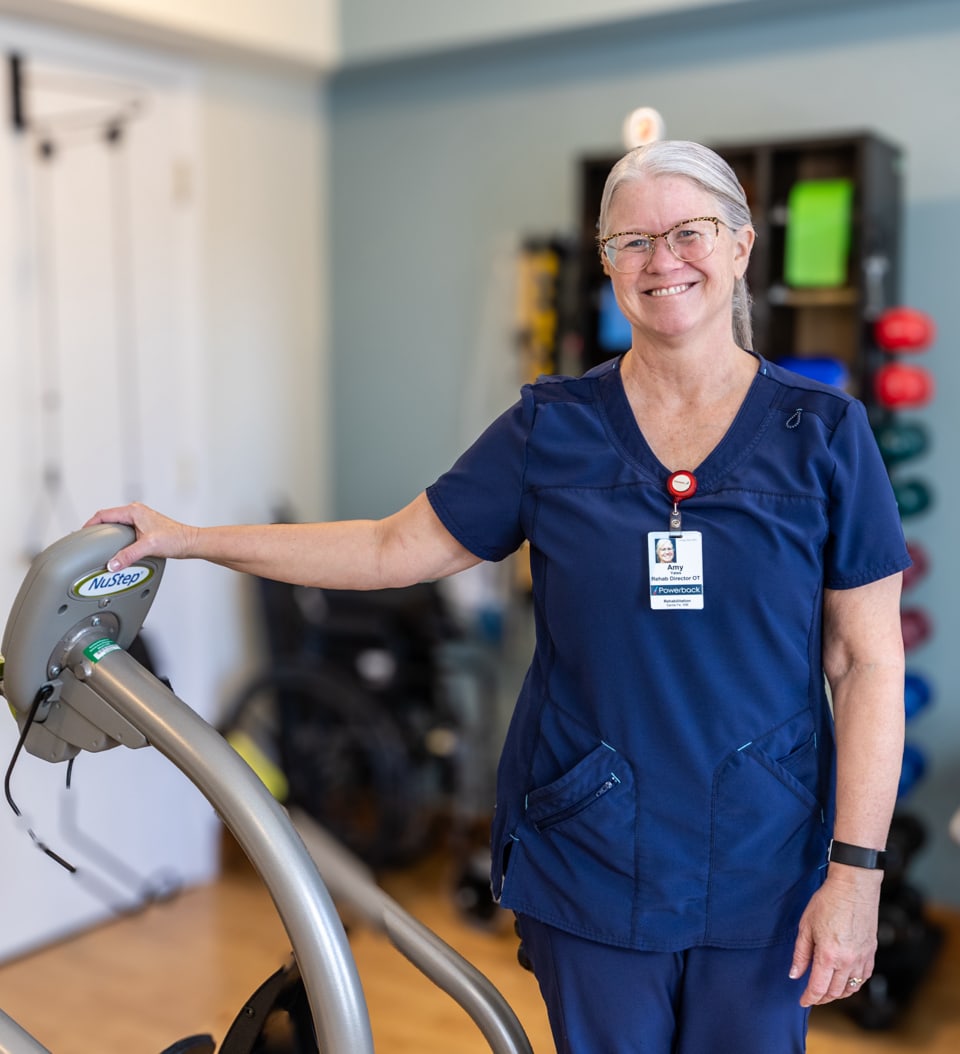Dementia is a common age-related cognitive impairment. It affects millions of families every year, and it comes with complex concerns that make it challenging to support your loved one.
Dementia develops in progressive stages that affect memory, thinking, communication, behavior, and more. So, many people find themselves wondering: Can you prevent dementia?
While you cannot prevent dementia completely, certain lifestyle habits, dietary choices, and mental stimulation can help reduce the risk of dementia and support long-term brain health.
These steps don’t have to be complicated—small, consistent changes can make a big difference over time. It involves looking at your lifestyle, diet, family history, and more.
What Causes Dementia?
Dementia isn’t one single condition. It’s the term used to describe cognitive decline caused by other underlying causes. When conditions like Alzheimer’s disease or vascular dementia damage cells throughout the brain, it’s called dementia.
Dementia is also highly complicated. No single factor determines a person’s risk of developing cognitive decline. Your risk factor develops as a result of lifestyle habits, diet, exercise, environment, and more.
How to Recognize the Earliest Signs of Dementia
The early signs of dementia are often subtle. They’re easy to mistake for age-related forgetfulness. However, these signs indicate something more serious:
- Memory loss that disrupts daily life
- Difficulty completing familiar tasks
- Confusion about time or place
- Changes in mood or personality
If you notice these symptoms in yourself or a loved one, it’s important to talk to a healthcare provider. A proper diagnosis is the first step towards helping someone with dementia.
What Lifestyle Factors Affect Your Risk of Dementia?
Some factors—like age or genetics—are outside of our control. But building a healthy lifestyle can still help reduce dementia risk and protect long-term cognitive health.
Brain-Boosting Dietary Habits
One of the first places to look is your diet. The brain requires specific vitamins and nutrients to maintain its strength.
The Mediterranean-style diet stands out when trying to lower your risk of developing dementia. It’s the basis of the MIND diet, designed to help protect the brain. Top benefits of the diet include:
- Fruits, vegetables, whole grains, fish, and healthy fats like olive oil
- Antioxidants, vitamins, and minerals that reduce inflammation and oxidative stress
- Meals that easily highlight leafy greens, berries, and nuts
- Fish or plant-based proteins that replace red meat to prevent excess
- Limiting processed foods, sugars, and saturated fats
Staying Physically Active for Cognitive Health
Physical activity helps the body and mind work together. Exercise increases blood flow to the brain, supports brain function, and may help reduce dementia risk. You don’t have to take on intense workouts—moderate activities and all forms of daily movement matter.
Options like walking, gardening, or yoga can be part of a weekly plan. The recommended goal is:
- 150 minutes of moderate aerobic activity each week
- Muscle-strengthening activities twice per week
Adding a social element, such as joining a walking group or exercise class, also supports social connections while promoting physical activity.
Keeping Your Mind Engaged
Keeping the brain active is just as important as keeping the body moving. Learning new skills and trying different activities can help strengthen the brain.
Some ways to keep the mind engaged include:
- Puzzles, memory games, reading, or learning a new language
- Playing a musical instrument
- Cooking new recipes or exploring unfamiliar routes
- Trying creative hobbies like art, crafts, and acting classes
Mixing these activities into your week helps keep your brain sharp while supporting long-term cognitive health.
The Importance of Social Connections
Socialization is more essential to health than most people think, but it often goes overlooked. Social connections are closely tied to brain health. Engaging with others can reduce stress, boost mood, and help maintain cognitive health.
Spending time with family and friends, volunteering, or joining clubs are great ways to stay connected. When in-person visits aren’t possible, technology—such as video calls or online communities—can help maintain these valuable relationships.

How Senior Living Supports a Healthier Brain
Sometimes, lowering the risk of dementia could be as simple as a shift to a new environment. Senior living communities shine as spaces made for nurturing connections. In senior living, life is about enjoying a supportive environment that helps residents with their habits every day.
Communities like ours offer:
- Nutritious, chef-prepared meals to support brain health
- Social activities and events to foster connections
- Fitness programs designed to keep the mind and body active
- Opportunities for lifelong learning and mental stimulation
- Access to professional healthcare and wellness support
Residents in assisted living always have access to professional support when needed. While residents enjoy independence in their daily lives, experienced caregivers are constantly available whenever needed.
Residents can work towards a healthier mind and life, knowing that they’re always going to be supported when needed.
Take Steps to Support Your Brain Health
Dementia may be a complex condition, but there are many ways to reduce your risk and support your cognitive health. With small shifts to your diet, exercise, and social life, you can proactively work towards a healthier brain.
Here at Kingston Residence of Santa Fe, we’re dedicated to helping residents live fulfilling, independent lives while supporting their overall well-being. Here, every resident gets the care they need to thrive in their daily life. Schedule a tour with our team today to learn more!






